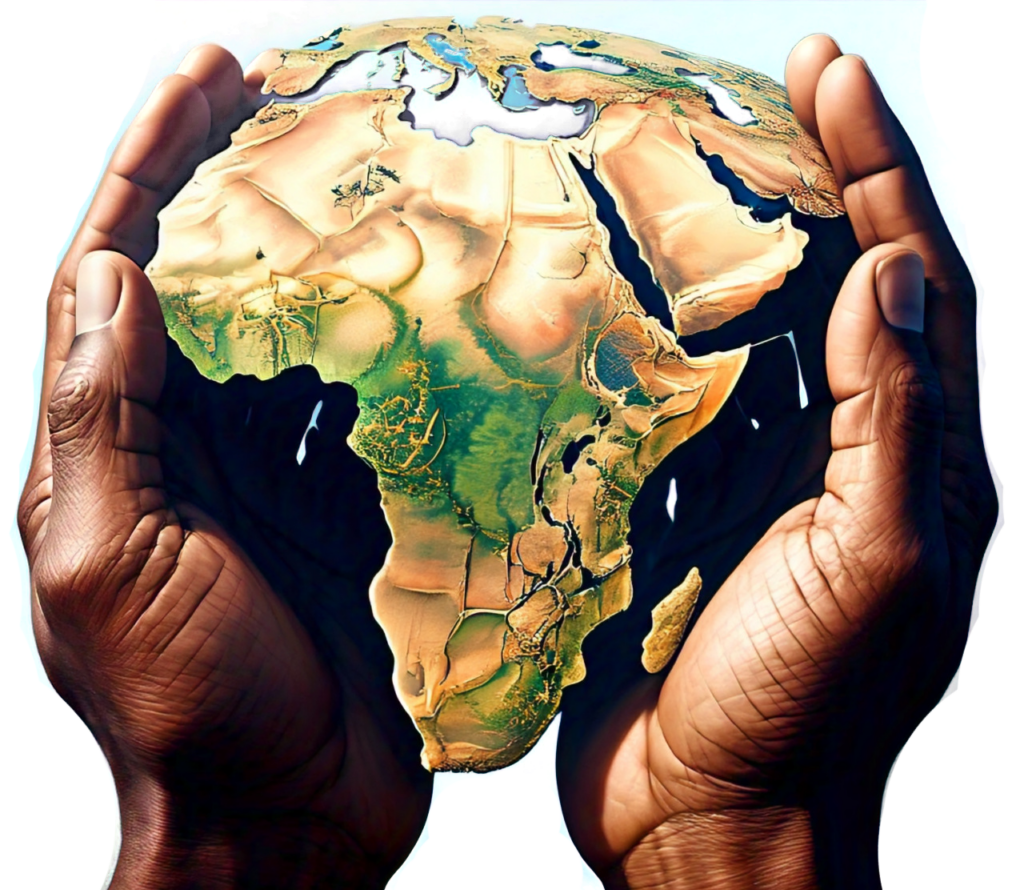
Africa Circular (formerly ACEN Foundation) is a non-profit organisation focusing on the development of Circular Economy in Africa through local experts and connected communities. It was initially founded (in 2021), by the African Circular Economy Network (ACEN) – the network for circular economy practitioners in Africa – and Trinomics – one of the key international policy consultants in the field of environment, energy and climate change. Since 2025, AC is working independently with a strong African structure, based on his regional coordinators and more than 40 national focal points.
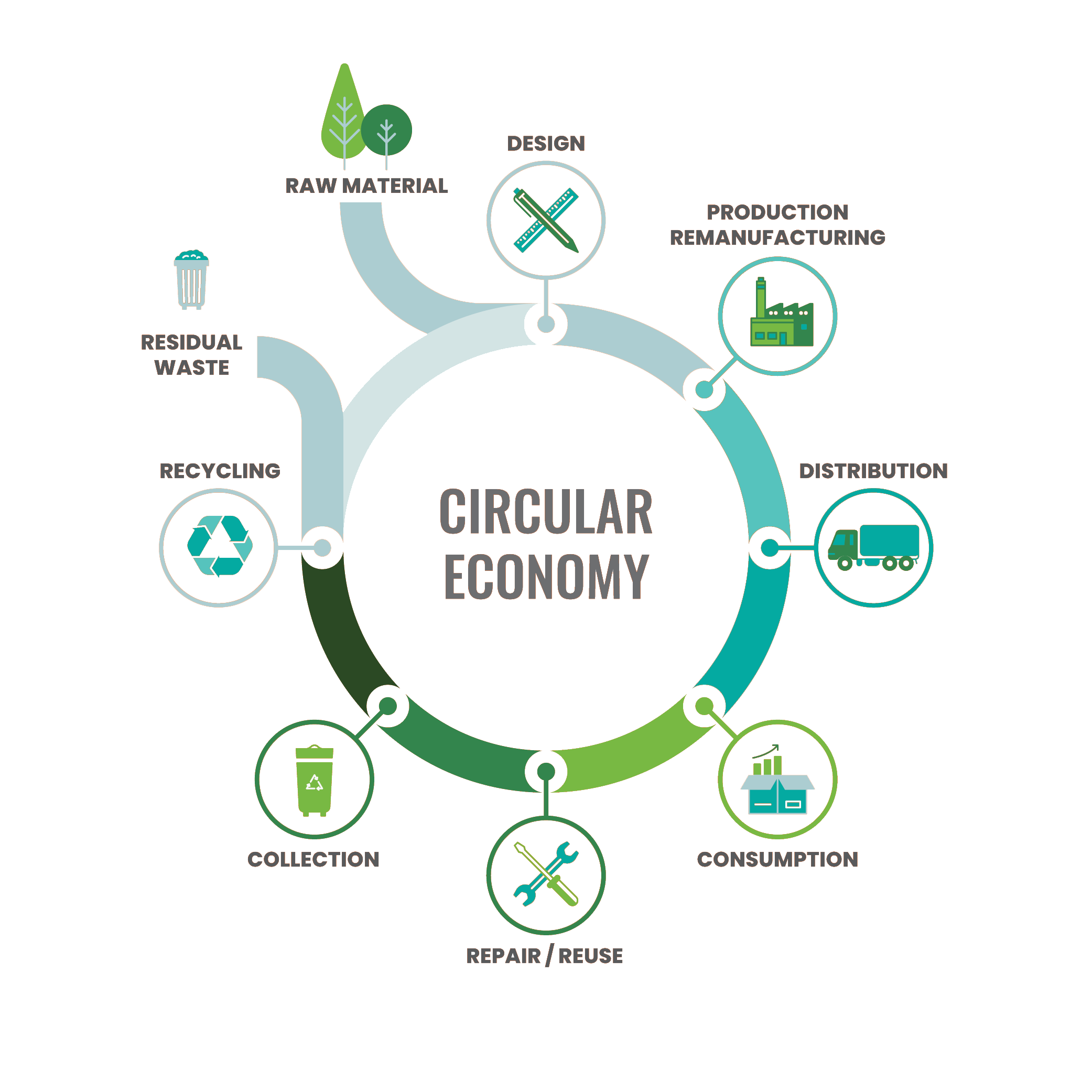
Establishing a database of CE experts in each African country working in or with businesses, governments, academia and civil society to undertake CE activities including research and implementation projects.

Co-development of sector specific training materials courses and dialogues, which are user-friendly and accessible to increase the knowledge, skills and capacities of our network experts.

Institutional capacity is a key enabler for successful implementing circular economy projects and strategies. This has been the primary bottleneck when it comes to decision and progress-making from the policy (top-down) perspective.
Goal 1: Pipeline of project concepts in priority countries.
Develop a pro-active approach to generate a pipeline of projects in priority countries.
Concept notes as a foundation for pro-active projects (Goal 1).
Active outreach and maintenance of relationships with potential funders as well as local beneficiaries (governments, key organisations) through Foundation’s headquarters, regional coordinators, as well as national focal points.
Registration of local subsidiaries to comply with eligibility criteria and to strengthen our local presence.
Goal 2: Participation in relevant bids
Participate in bids which are lined up with our overall objectives to develop CE related projects in priority , and most often are launched by the international institutions. These mainly include the development of Circular Economy Roadmaps, Action Plans and Strategies; relevant background, market and sector studies; as well as the development of business opportunities related to CE in a given sector.
On a weekly basis, screening potential bids and, when green-lighted, preparing proposals in collaboration with local experts and partners.
Execution of timely and excellent projects, including project evaluation to identify improvement potential and training opportunities (Objective 1) as well as follow up projects to keep the momentum going.
Communication of key project outcomes at the end of the project, on LinkedIn, website and newsletter.
There is a huge need in developing a pool of qualified and capacitated local experts who can lead the circular economy transition at the local, national and international level in all relevant fields, i.e. policy, business, industry, and academia. There are some committed, trustworthy and qualified people very active already, representing these fields, however, with a need to better scale and streamline for effective progress-making and implementation, getting a cleaner version and supporting Objective 2. Under this objective 1, it is aimed to identify and capacitate experts on the ground through frequent networking activities and targeted trainings as well as to increase capacity in governments to enable decision-making in favour of CE and other synergetic topics, like climate change and sustainable development.
The network/cluster/community is being developed by our regional coordinators that identify and interact with appointed national focal points and through them with local experts. All of them are working closely with us to foster circular economy activities in their respective regions.
The way capacity and knowledge is being built is directly through frequent trainings of the network members and governments, facilitated by the regional coordinators, and indirectly through the collaboration on projects (Objective 2), with the support of the Africa Circular headquarters.
Strong, diverse and multi-disciplinary network/cluster/community of CE experts in Africa, able to cover all relevant sectors[1] and related topics[2] as well as able to address all stakeholder groups[3].
Accessible CE training materials, composed of (i) general CE understanding, (ii) sector-specific knowledge and (iii) strategic capacity related to governance and financing for CE.
Improved technical and social skills and experience amongst established and emerging CE practitioners and governments (local, national, regional, continental).
All relevant sectors include: water, waste, energy, mining, agriculture and food systems, construction and urbanisation, tourism, manufacturing incl. textiles and packaging.
Related topics include those that overlap with the concept of CE or support the vision of CE, such as climate change mitigation and adaptation, blue economy, SDGs, gender equality, green economy, etc.
All stakeholder groups encompass people from government, private sector/industry/business, civil society (incl. vulnerable groups), finance, international development partners and knowledge/academia.
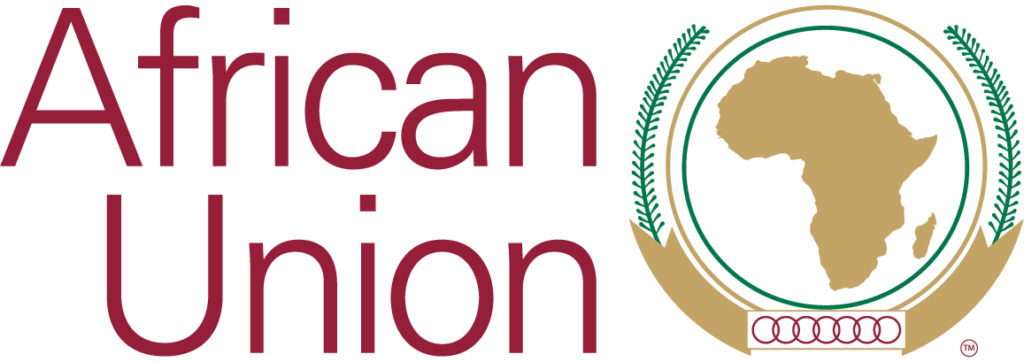
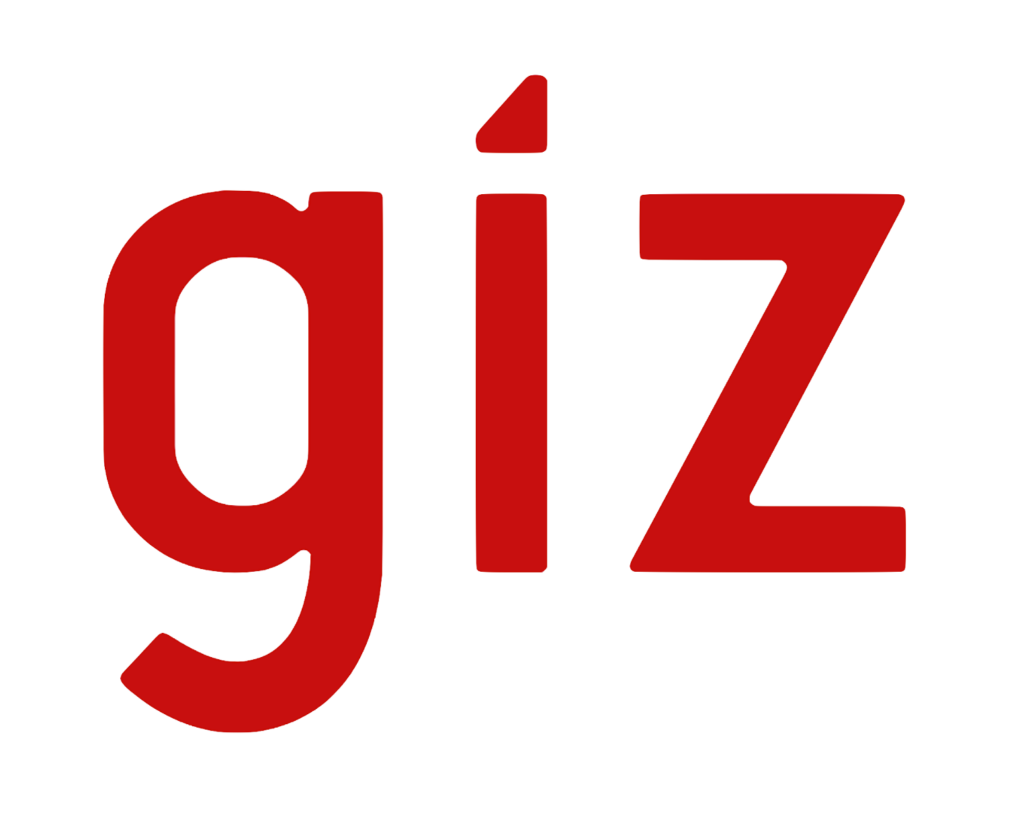
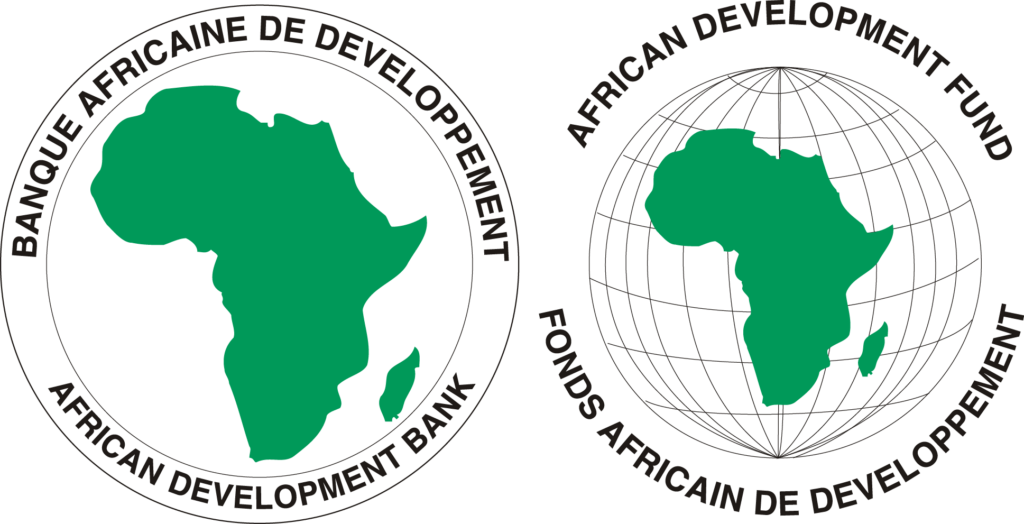
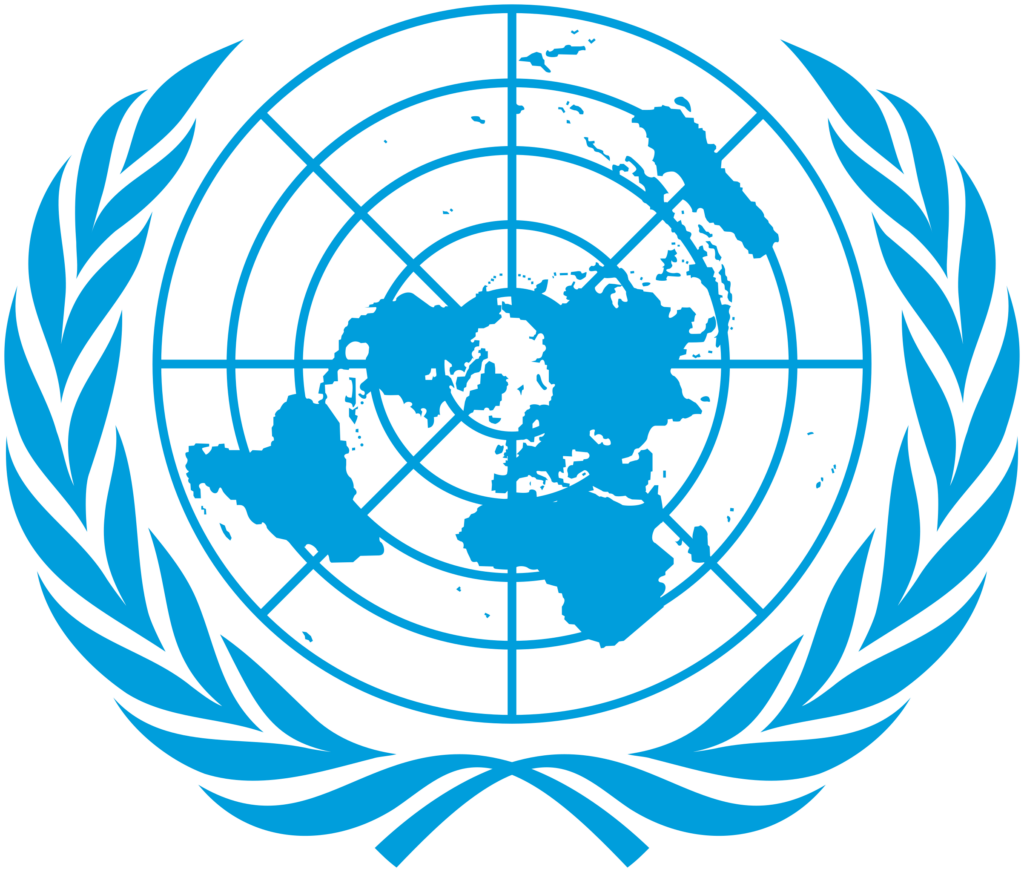


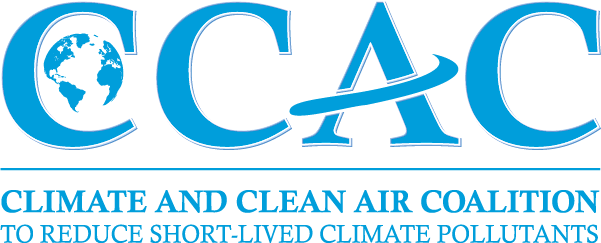
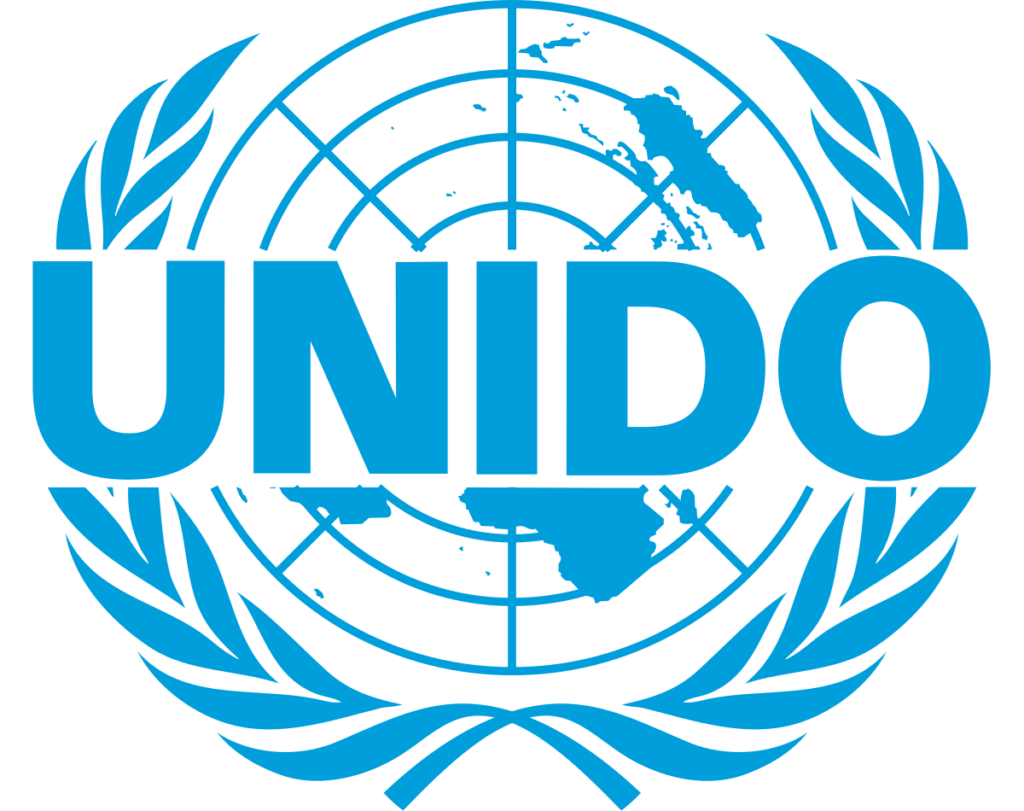
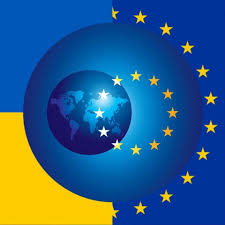
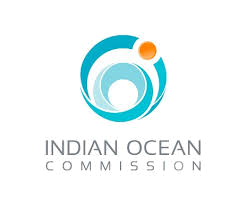
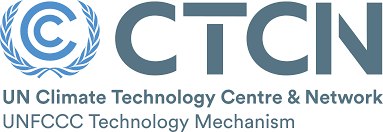
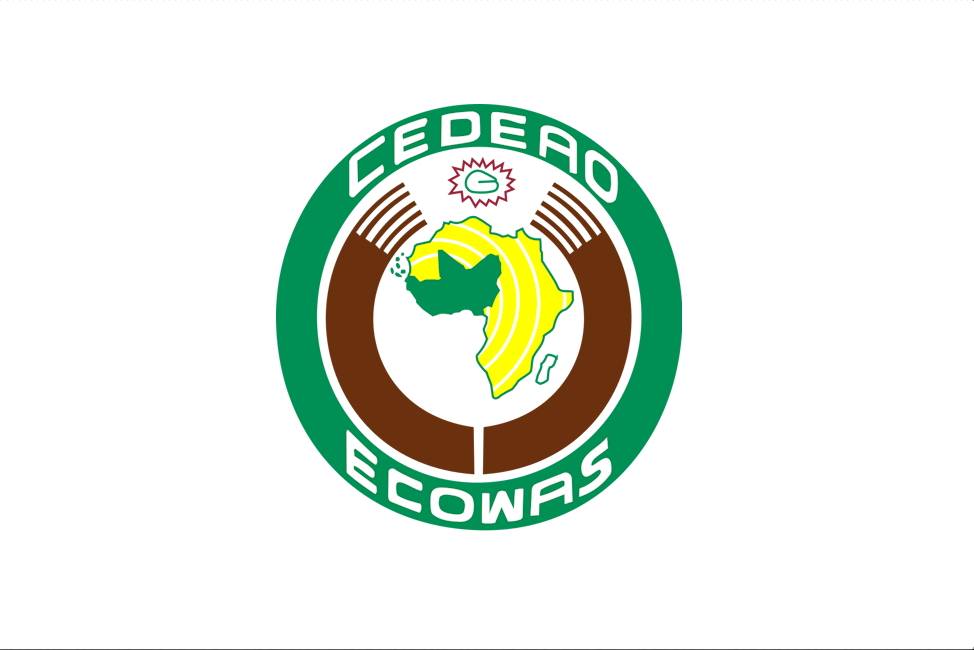
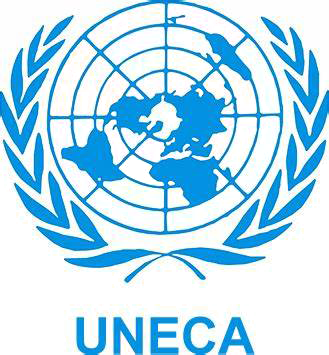
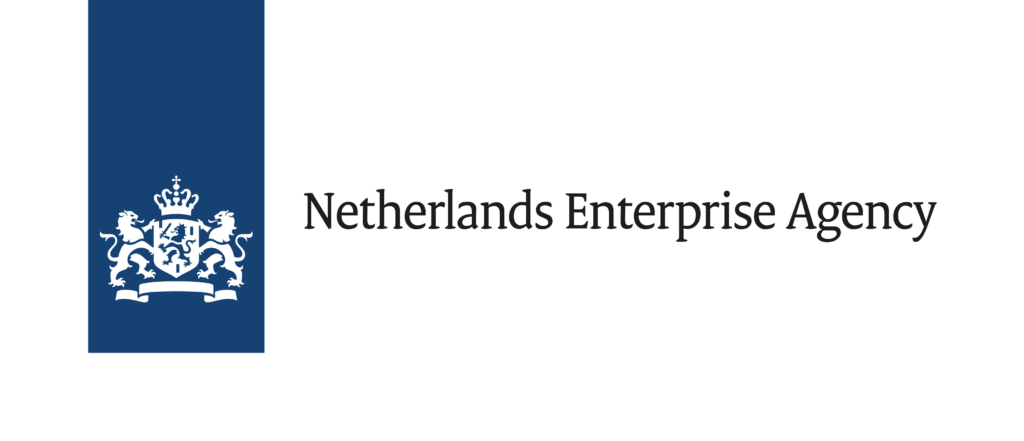
We use cookies to enhance your experience. Consenting allows us to process data like browsing behavior or unique IDs. Not consenting may affect certain features. We do not collect any external data.
Connect with a global network of like-minded experts, leveraging collective experience and knowledge to empower communities in Africa.
Gain access to essential tools, key stakeholders, zero waste expertise, and comprehensive campaign support.